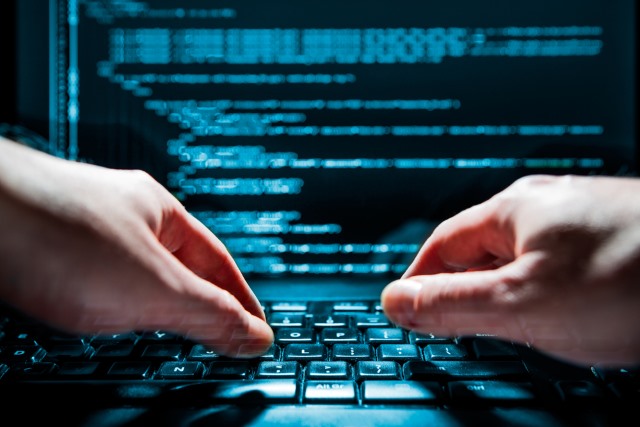
Malware attacks rising thanks to leaked exploits
Malware threats have reached dangerously high levels, according to a new report that highlights the sheer scale of threats facing businesses today.
The latest Kaspersky Lab Malware report, covering the three months of Q2 2017, claims that Kaspersky Lab's products blocked more than five million attacks involving exploits in this time period.

Managed service providers face cyber security talent shortage
Many businesses rely on outsourcing some or all of their IT to managed service providers (MSPs), but a new study from Kaspersky Lab reveals that two out of three MSPs are suffering from a shortage of qualified cyber security staff.
Among the findings are that cyber security is no longer seen as a separate or optional function among MSPs with 92 percent now including it as part of their portfolio of services. More than half (51 percent) cite security as essential to their customers' operational continuity in the next three to five years.

Microsoft appeases Kaspersky with security changes to Windows 10 Fall Creators Update
Two months ago, Russian security software firm Kaspersky Labs filed antitrust complaints against Microsoft in Europe, alleging that the software giant was favoring its own Windows Defender over third-party anti-virus software in Windows 10.
In response to that lawsuit, Microsoft has made changes to how the forthcoming Windows 10 Fall Creators Update works with anti-virus software, and an appeased Kaspersky has dropped its complaint.

Kaspersky (partly) launches its 2018 security products
Every year, with a rather confusing release schedule, Kaspersky’s global office will launch and announce their current range, but only in a select number of territories.
As an example, Kaspersky Internet Security 2018 and Total Security 2018 are available in the United States, Australia, Malaysia, but not in the United Kingdom, Europe and most other countries. The launch for the rest of the world will happen in early September when the products are fully localized.
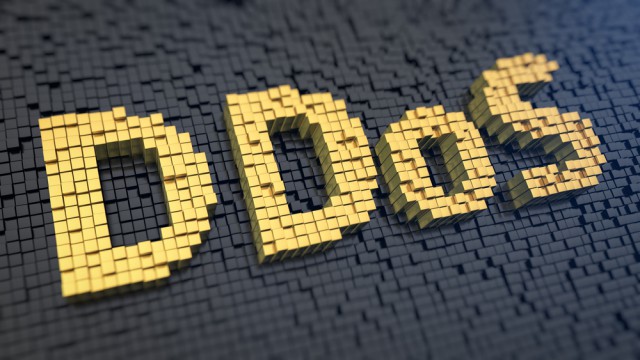
The return of the long-lasting DDoS attack and the rise of RDoS
The latest DDoS intelligence report from Kaspersky Lab shows that long-lasting attacks are making a comeback.
The longest attack in the second quarter of this year was active for 277 hours (more than 11 days) -- which is a 131 percent increase compared to the first quarter and a current record for the year.
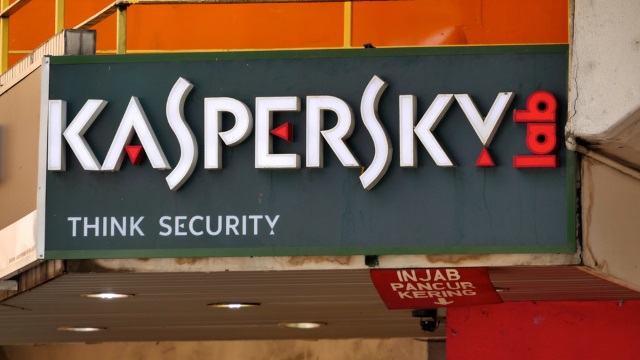
Congress continues Kaspersky probe fearing 'nefarious activities against the United States'
US suspicions about Kaspersky's links to Vladimir Putin are not diminishing. The government has been tracking the Russian security company, and now Congress is seeking information from 22 government agencies about the firm.
The US House of Representatives Committee on Science, Space and Technology has written to the agencies asking for documents, citing fears that Kaspersky Lab's products could be used to carry out "nefarious activities against the United States."
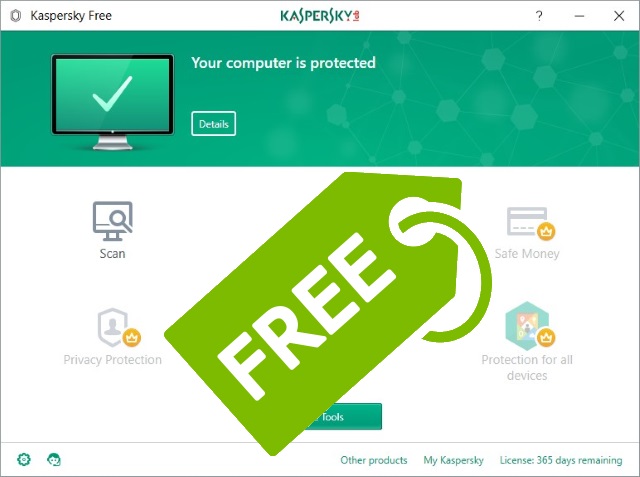
Kaspersky launches free antivirus tool -- Kaspersky Free!
Kaspersky has been in the news quite a lot recently, primarily because of US concerns over links to the Russian government. The security company also hit the headlines when it filed an antitrust case against Microsoft because Windows 10 disabled Kaspersky antivirus software.
But now there's a new reason to be in the news -- and this time it's a good one. The Russian company is launching Kaspersky Free, a free antivirus tool available globally. Company founder Eugene Kaspersky announced that the US, Canada and numerous Asia Pacific countries have access to the software immediately, and the global rollout will continue over the coming months (although it already seems to be downloadable in the UK).

Kaspersky brings protection to business Macs
There has long been a perception that Macs are somehow immune to cyber attacks, but as the security landscape has changed they've become an attractive target for hackers looking to gain access to corporate networks.
Kaspersky Lab is launching a new edition of its Kaspersky Endpoint Security Cloud to give corporate Macs cloud-based multilayered protection. Aimed at small and medium businesses and managed service providers, it also brings more automation and management capabilities.
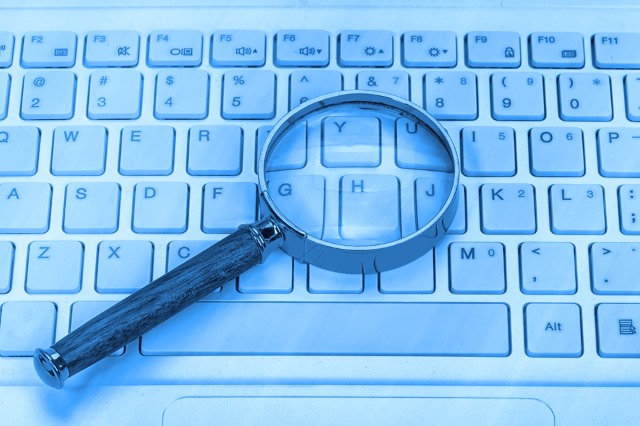
Kaspersky BitScout tool lets security researchers collect forensic information
Just like in a real-life crime scene, forensic evidence for cyber-crimes must not be tampered with. That's why sometimes investigations take too long -- forensic researchers need a lot of time to reach the crime scene and extract malware samples without compromising evidence.
Kaspersky Lab identified this as a huge pain point in the combat against cyber-crime, and has since released a tool to help all researchers do their work faster and with more precision.
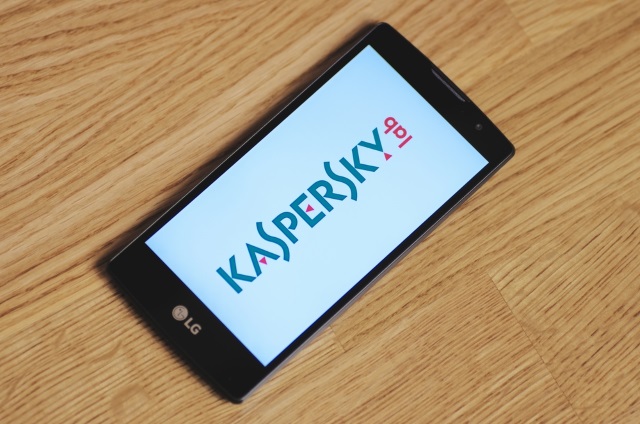
Kaspersky Lab is ready to hand over source code to US government to disprove Kremlin links
As the US government decides whether or not to continue using Kaspersky security software, the Russian company has indicated its willingness to hand over source code for review.
Eugene Kaspersky, speaking to the Associated Press, said that "if the United States needs, we can disclose the source code." Rumors have long circulated about Kaspersky's ties to Putin, leading to speculation that the company's software could be used to spy on Americans.

Microsoft: We disabled third-party anti-virus software in Windows 10 Creators Update to keep users safe
Two weeks ago, Kaspersky Labs filed antitrust complaints against Microsoft in Europe, alleging that the software giant disabled third-party antivirus software in Windows 10 in order to benefit Windows Defender.
In a long blog post today, Rob Lefferts, director of program management for Windows enterprise and security, admits (without mentioning Kaspersky specifically) that Microsoft "temporarily" disabled some parts of AV software it considered incompatible with Windows 10 Creators Update.
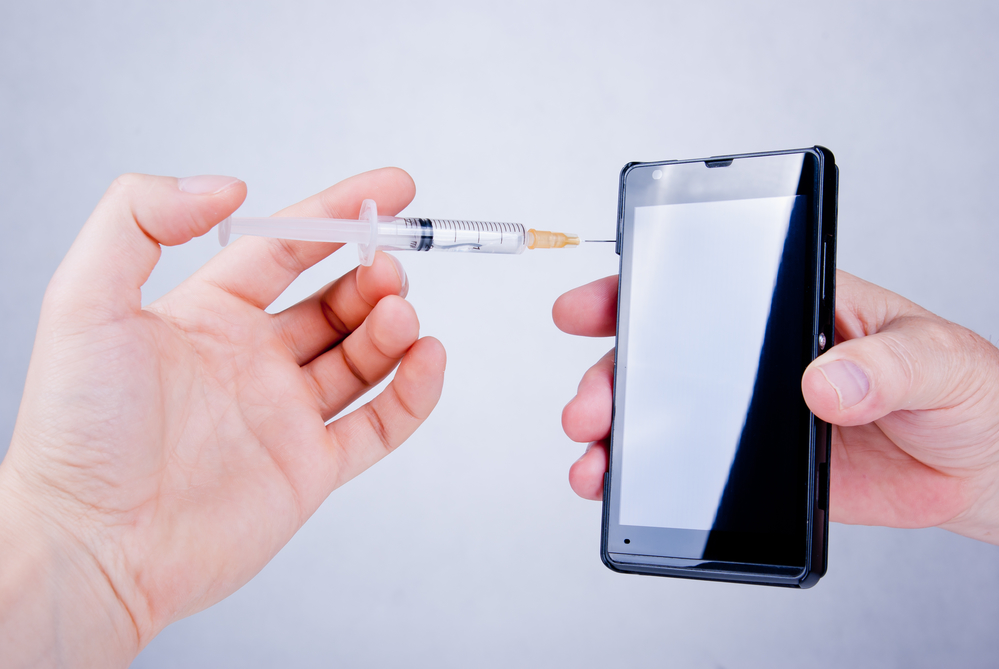
New Android malware uses code injection to control devices
Researchers at Kaspersky Lab have released details of a new trojan being distributed via the Google Play store that is able to inject malicious code into the system runtime libraries.
Named Dvmap, the trojan is believed to have been downloaded from Google Play more than 50,000 times since March this year.
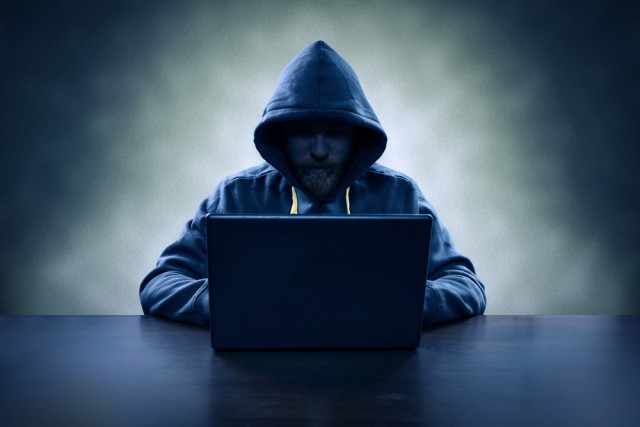
You can create a hacking tool for just $20
If you have $20 to spare and some "basic programming knowledge," you can create a powerful hacking tool that can collect huge amounts of user credentials, easily. The best part about it is that you don’t even need to use any malware or viruses -- everything can be clean as a whistle.
The news was revealed by security experts Kaspersky Lab, which was able to create such a device using a Raspberry-Pi microcomputer that was then configured as an Ethernet adapter.
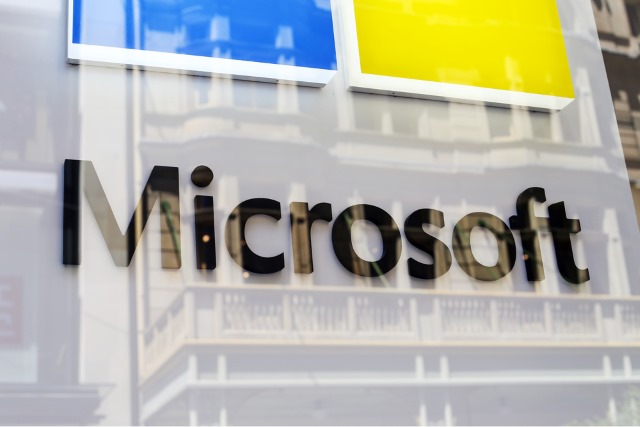
Microsoft faces Windows 10 antitrust investigation for disabling Kaspersky antivirus software
Security software firm Kaspersky Labs has filed antitrust complaints against Microsoft in Europe. The complaints center around Microsoft disabling third party antivirus software in Windows 10 to favor its own Windows Defender.
The Russian company complained to the German Federal Cartel Office and the European Commission, saying that Microsoft abused its position. Microsoft has made some changes to the way Defender works, but Kaspersky does not believe this goes far enough.
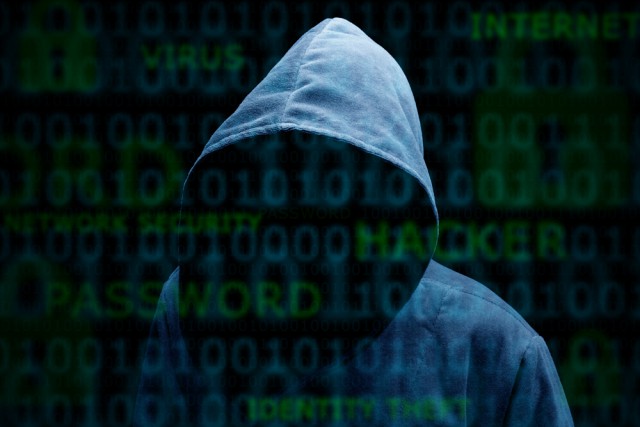
Kaspersky launches Threat Intelligence Portal for businesses
Companies have to deal with an increasing number of cyber threats. To allow them to stay in touch with this ever evolving landscape they need up to date intelligence.
With the launch of its Threat Intelligence Portal, Kaspersky Lab is enabling security operation center operators to be able to work more efficiently while facing hundreds and thousands of threat alerts.
